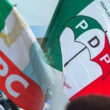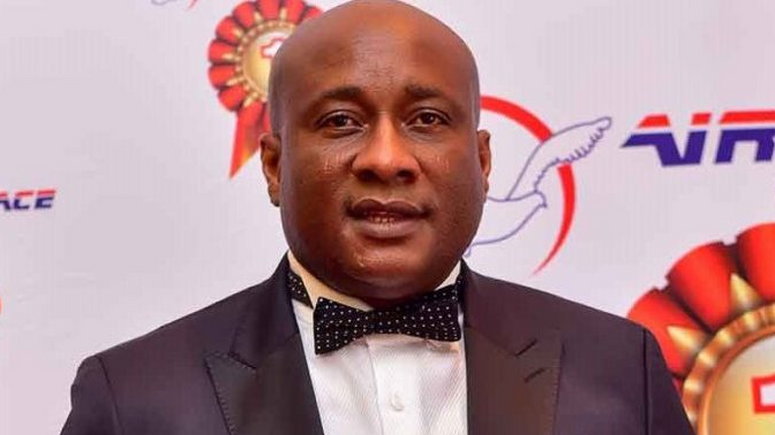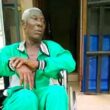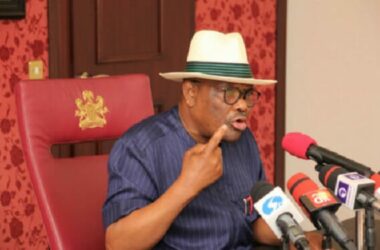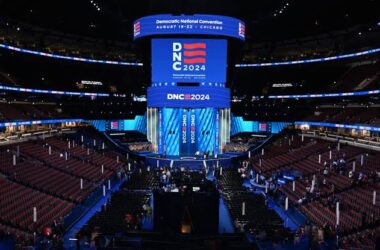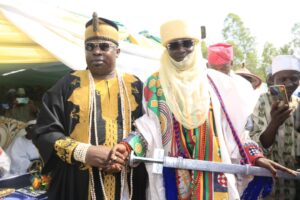Allen Onyema, the Chairman and Chief Executive of Air Peace, Nigeria’s prominent airline, is now facing serious allegations from the United States Department of Justice (DOJ).
The news emerged early Sunday morning, sending ripples through the aviation industry and raising concerns among stakeholders about the future of the airline.
Onyema and the airline’s Chief Financial Officer, Ejiroghene Eghagha, are being sought by U.S. authorities over accusations of financial misconduct, including money laundering and obstruction of justice.
The situation surrounding Onyema and Air Peace dates back several years. From 2010 to 2018, Onyema frequently traveled to Atlanta, where he opened multiple personal and business bank accounts.
Allegedly, over $44.9 million was transferred into these accounts from foreign sources, notably from accounts linked to non-governmental organizations (NGOs) that he controlled. This raises eyebrows, especially since Air Peace, the airline, was established only in 2014.
This timeline suggests that during the period when significant funds were flowing into his U.S. accounts, there was no substantial business activity from Air Peace to justify the inflow of money.
As a savvy businessman, Onyema is accused of exploiting foreign exchange transactions for personal gain. The allegations state that he received $20 million from the Central Bank of Nigeria (CBN) at the official exchange rate.
This funding was reportedly intended for the purchase of five Boeing aircraft from a company named Springfield Aviation Company LLC, which is based in Georgia. However, the investigation suggests that the company was not a legitimate business and was, in fact, a front owned by Onyema himself.
Documents allege that Springfield Aviation had no actual ownership of the aircraft it claimed to sell to Air Peace. After receiving the funds, instead of purchasing aircraft, the money was allegedly laundered back to Onyema’s U.S. bank accounts, which were then transferred back to Nigeria. This practice is known as money laundering and is a serious offense under U.S. law.
In 2016, the Nigerian economy faced significant challenges, particularly regarding the availability of U.S. dollars. Businessmen like Onyema allegedly exploited the situation by buying dollars at the official rate and then reselling them at much higher rates in the black market. This was a lucrative operation during a period of economic difficulty, but it placed Onyema in a precarious legal position.
The investigation into Onyema’s dealings intensified when U.S. authorities froze his bank accounts and sought to understand the full scope of his financial activities.
To complicate matters further, Onyema and Eghagha are accused of creating a fraudulent contract to cover their tracks. In May 2019, amid growing scrutiny from investigators in Georgia, they allegedly backdated a contract, called the “Aircraft Sales and Management Agreement,” to appear as if it were signed before any fraudulent activities began.
The contract was presented as evidence in an attempt to obstruct the ongoing investigation. The timing and the nature of this contract have raised suspicions and led to additional charges against Onyema and Eghagha. U.S. authorities view this action as a conspiracy to obstruct justice, further complicating their legal challenges.
In communications revealed in the investigation, Eghagha allegedly instructed an employee to sign the management agreement without dating it, emphasizing the need for deception. This level of manipulation indicates a deliberate effort to mislead investigators. The U.S. Attorney’s Office described the actions as part of a broader scheme to defraud the United States banking system.




